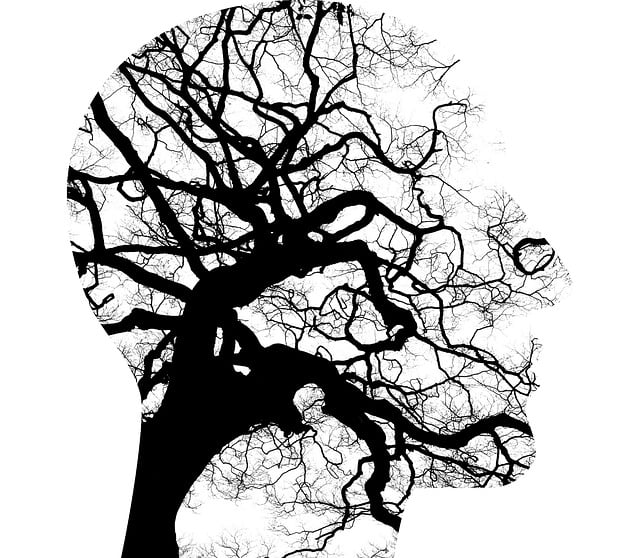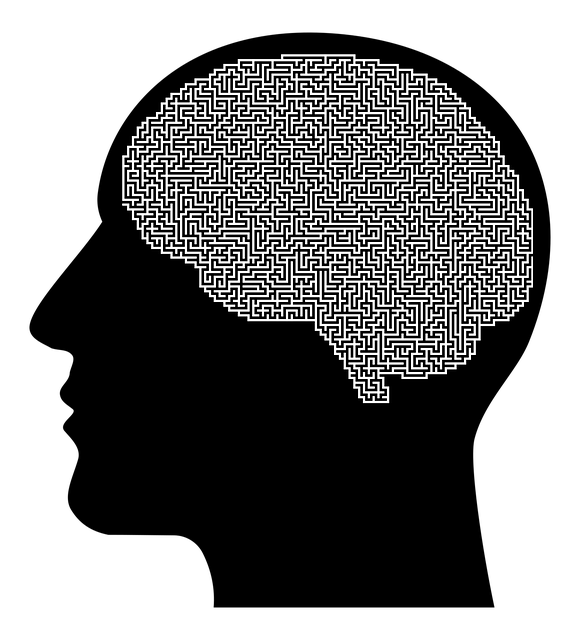Media portrayals significantly impact societal views on mental health, especially among vulnerable children in the German-speaking world. Accurate and empathetic media representations can initiate conversations, reduce stigma, and encourage help-seeking behaviors. Inaccurate or stereotypical depictions perpetuate marginalization and hinder access to therapy for German-speaking youth. To address this, media outlets should promote emotional well-being through diverse, realistic characters in therapy, showing effective treatment options, and emphasizing recovery. Additionally, cultural competency training for healthcare providers and innovative media narratives integrated into therapy are crucial for normalizing mental health conversations and fostering inner strength among children and their families. Key focus areas include tailored therapy for children and stress management workshops.
Mental illness representation in media significantly shapes societal perceptions, impacting especially vulnerable groups like youth. This article delves into the challenge of negative stereotypes prevalent in German-speaking media and their influence on mental health awareness among young people. We explore innovative solutions, highlighting effective strategies for promoting positive portrayal. Furthermore, we focus on implementing tailored therapy programs for children in German-speaking communities, addressing unique cultural nuances to enhance mental well-being support.
- Understanding the Impact of Media Portrayals on Mental Health Perception
- The Current State of German-Speaking Media and Its Influence on Youth Mental Health
- Innovative Approaches to Promoting Positive Mental Illness Representation
- Implementing Therapy for Children: A Focus on German-Speaking Communities
Understanding the Impact of Media Portrayals on Mental Health Perception

Media portrayals have a profound impact on shaping societal perceptions of mental health, especially among vulnerable populations like children. The way mental illness is depicted in films, television shows, and news media can either perpetuate harmful stereotypes or foster understanding and empathy. When media portrays mental illness accurately and sensitively, it can initiate important conversations, reduce stigma, and encourage those struggling to seek help. On the contrary, inaccurate or stereotypical representations can lead to further marginalization and prevent individuals from accessing much-needed therapy for children, particularly in German-speaking regions.
Understanding these impacts is crucial when navigating the challenge of mental illness representation in media. By promoting Emotional Well-being Promotion Techniques and emphasizing Mind Over Matter Principles, media outlets can contribute to developing inner strength within their audiences. This includes showcasing diverse and realistic characters undergoing therapy, highlighting effective treatment options, and presenting recovery as a possible outcome. Such approaches have the potential to normalize conversations about mental health, ensuring that children and their families are equipped with accurate information and encouraged to prioritize their Inner Strength Development.
The Current State of German-Speaking Media and Its Influence on Youth Mental Health

In the German-speaking world, mental illness representation in media is a pressing issue that significantly impacts youth mental health. Despite growing awareness about mental health challenges among younger generations, media portrayals often perpetuate stereotypes and misconceptions, hindering open discussions and access to appropriate therapy for children. The influence of these depictions can be profound, shaping young people’s understanding of their own experiences and their willingness to seek help.
Cultural competency training for healthcare providers is crucial in addressing this challenge. By implementing empathy building strategies and crisis intervention guidance tailored to the specific cultural context, healthcare professionals can better support German-speaking youth dealing with mental health issues. Fostering a more nuanced and accurate representation of mental illness in media will complement these efforts, creating an environment that encourages help-seeking behaviors and promotes positive mental well-being among young people.
Innovative Approaches to Promoting Positive Mental Illness Representation

In the quest for positive mental illness representation, innovative approaches are transforming the way we portray and understand these conditions. One such approach involves integrating therapy for children in German-speaking regions into media narratives. By featuring compelling characters navigating mental health challenges, these stories offer a nuanced perspective that fosters empathy and reduces stigma. This strategy not only educates but also inspires hope among viewers, especially younger audiences who can identify with these characters.
Furthermore, the design of mental health education programs plays a pivotal role in promoting holistic well-being. Incorporating interactive elements and engaging formats ensures that essential topics like stress management and burnout prevention resonate with diverse audiences. These programs, when tailored to different cultural contexts, including German-speaking communities, can significantly contribute to enhancing mental health literacy and encouraging proactive self-care practices.
Implementing Therapy for Children: A Focus on German-Speaking Communities

In German-speaking communities, there’s a growing recognition of the need to address mental illness representation in media and offer appropriate support for children. Implementing therapy specifically tailored for young individuals is a significant step towards challenging stereotypes and promoting understanding. Many organizations are now focusing on developing comprehensive therapy for children to cater to the unique needs of this demographic. By incorporating evidence-based practices and crisis intervention guidance, therapists can create safe spaces where children feel comfortable discussing their emotions and experiences.
Additionally, stress management workshops organization plays a crucial role in equipping both children and mental health professionals with effective coping strategies. These workshops can empower kids to recognize and manage stress, anxiety, or trauma-related symptoms. Furthermore, risk management planning for mental health professionals is essential to ensure the safety of both practitioners and clients, fostering an environment where therapy can thrive without unnecessary barriers.
Media representation plays a pivotal role in shaping public perception of mental illness, especially among youth. The current state of German-speaking media reflects challenges in accurately portraying mental health issues, contributing to stigma and misinformed beliefs. However, innovative approaches, such as positive media campaigns and therapeutic interventions tailored for German-speaking communities, offer promising solutions. By implementing therapy programs specifically designed for children and integrating them into existing healthcare systems, we can foster a more compassionate and informed society. This comprehensive approach ensures that young individuals receive the support they need, ultimately enhancing mental health literacy in German-speaking regions.









